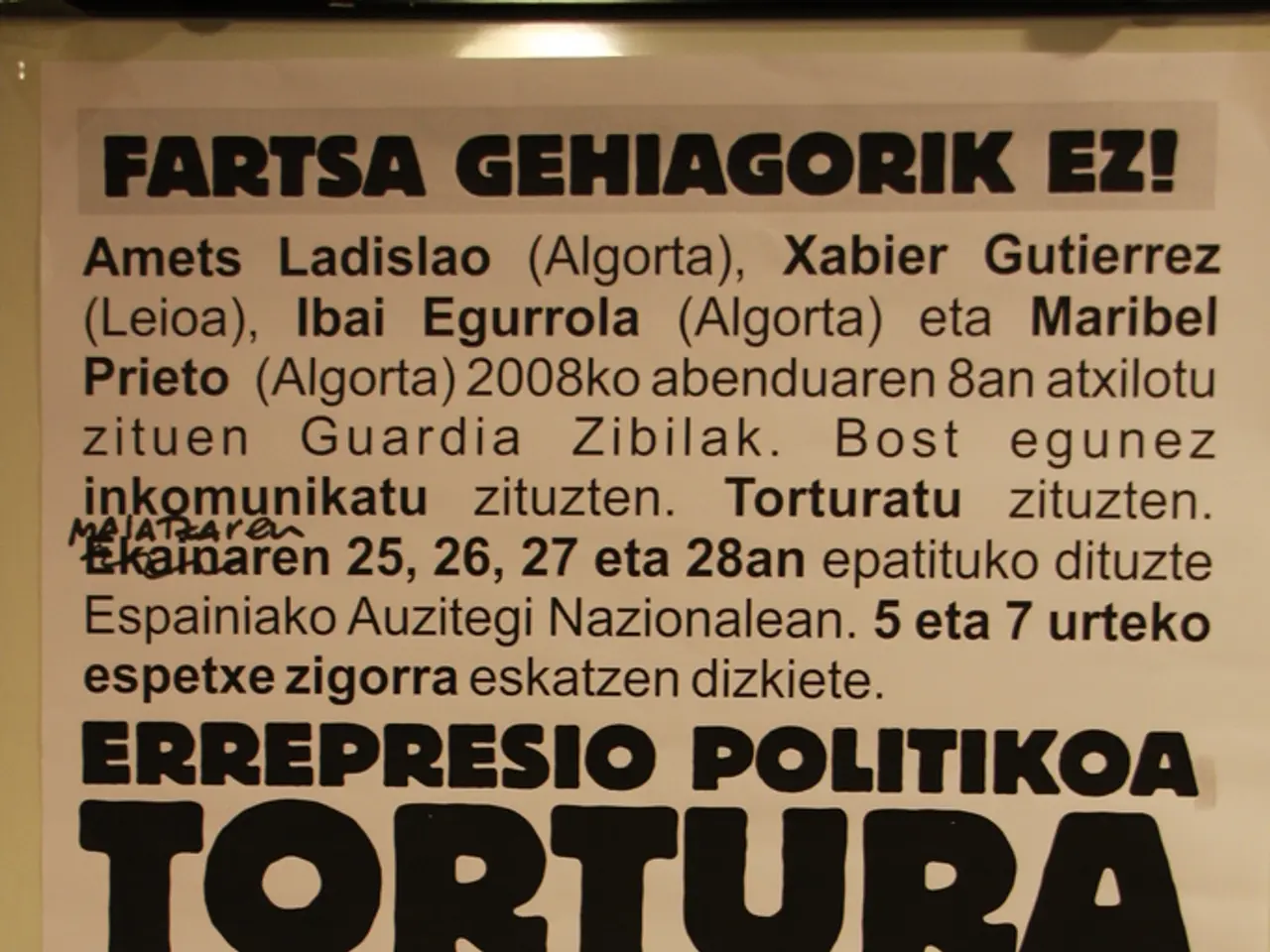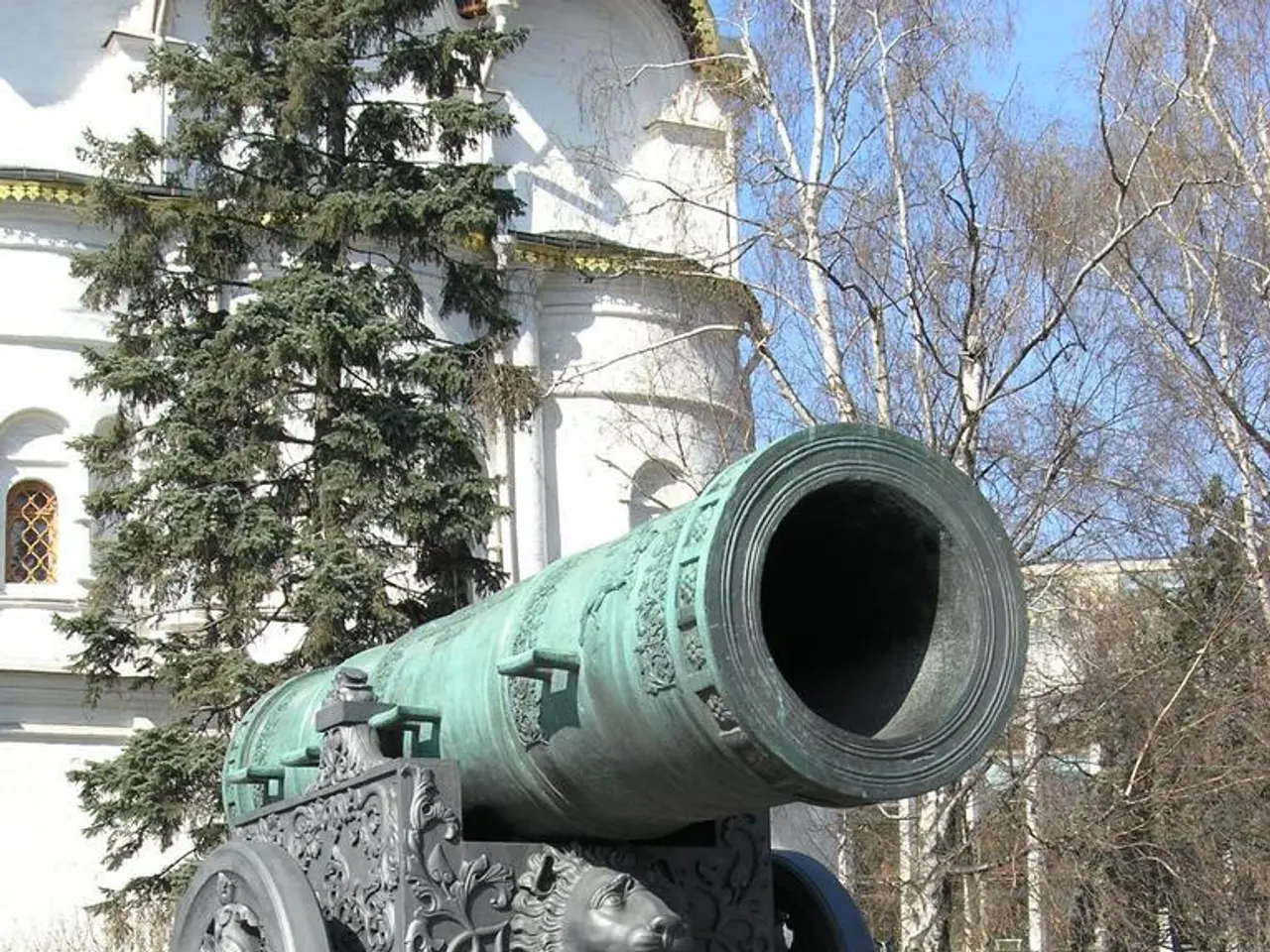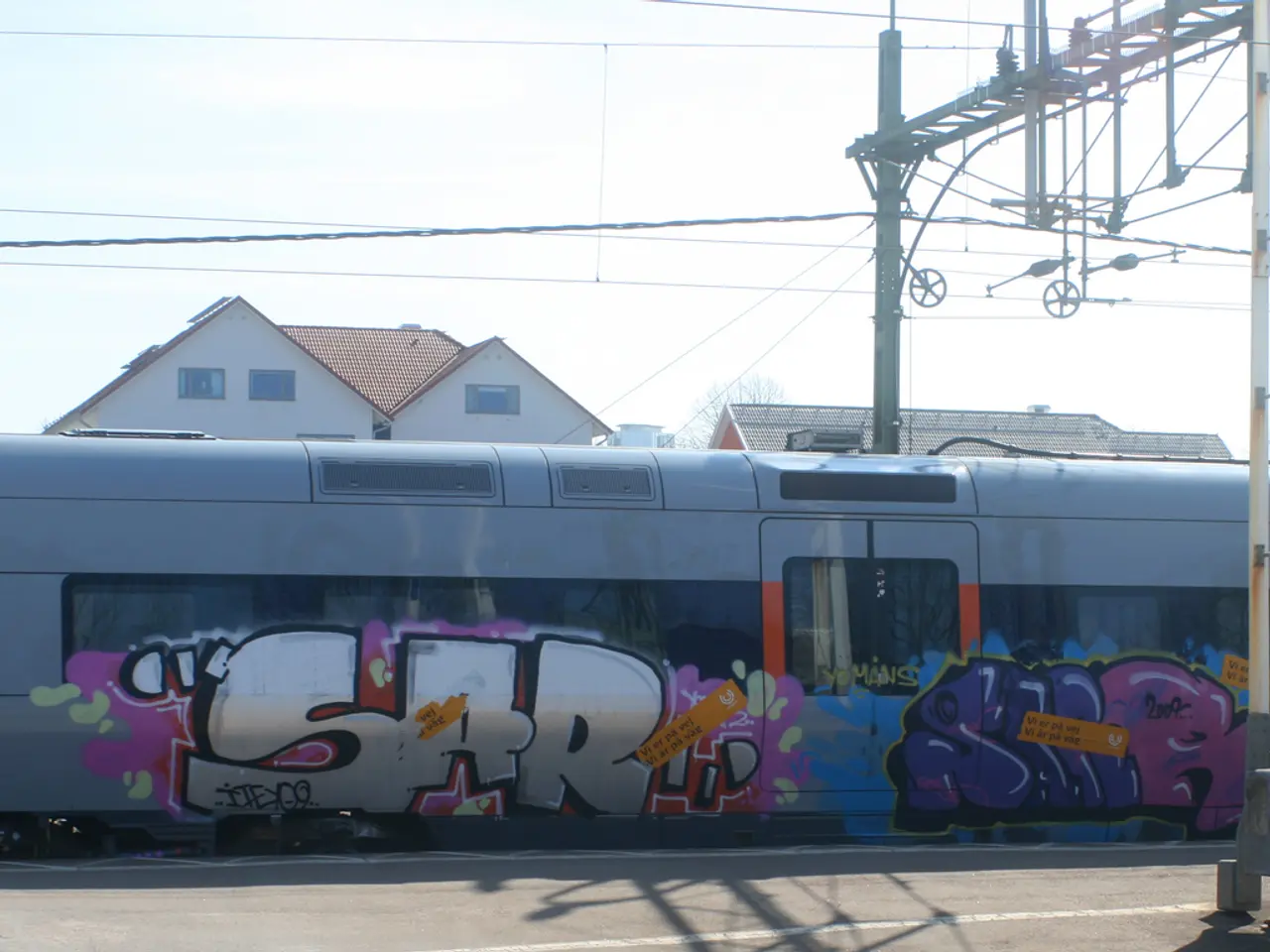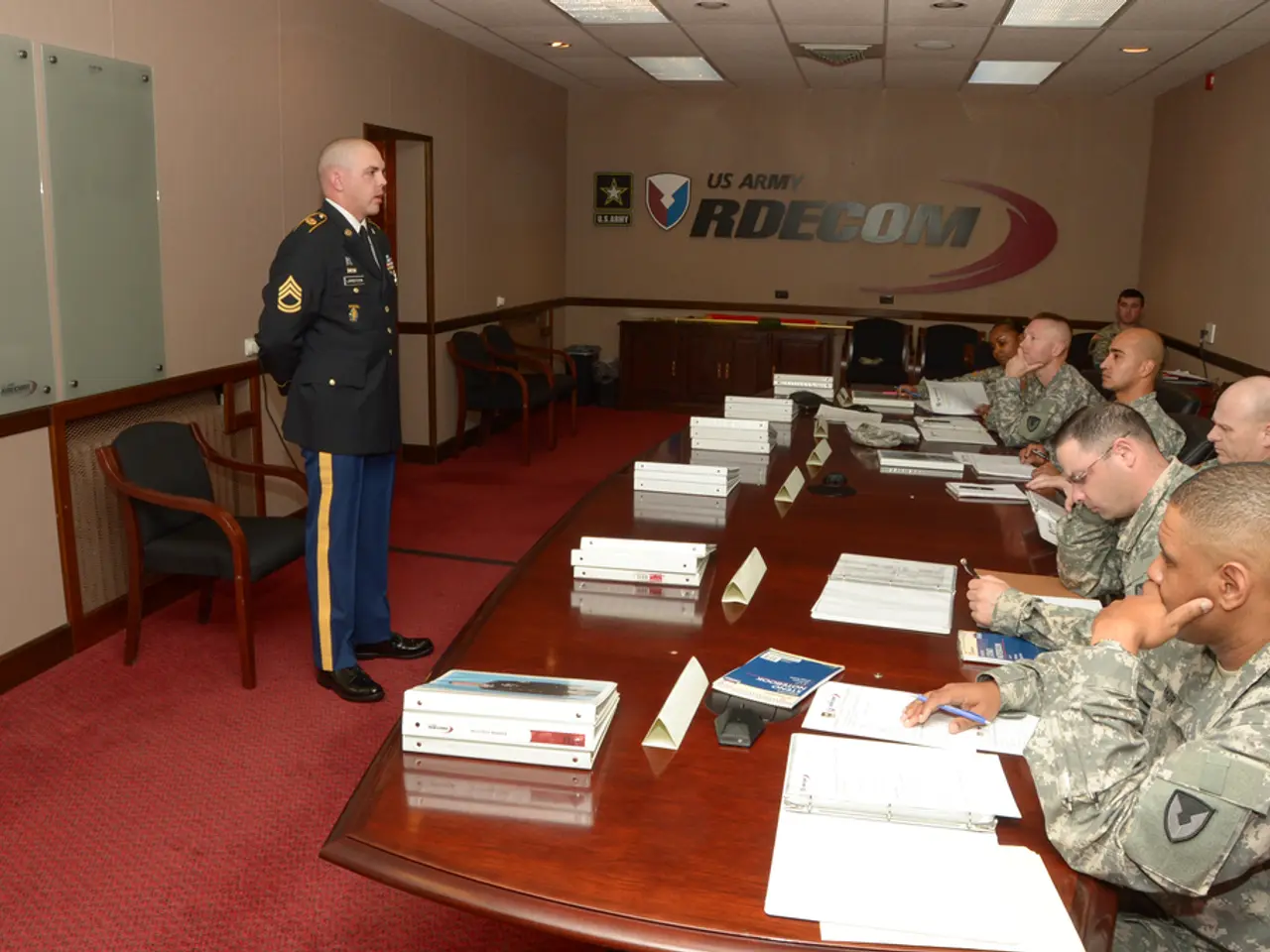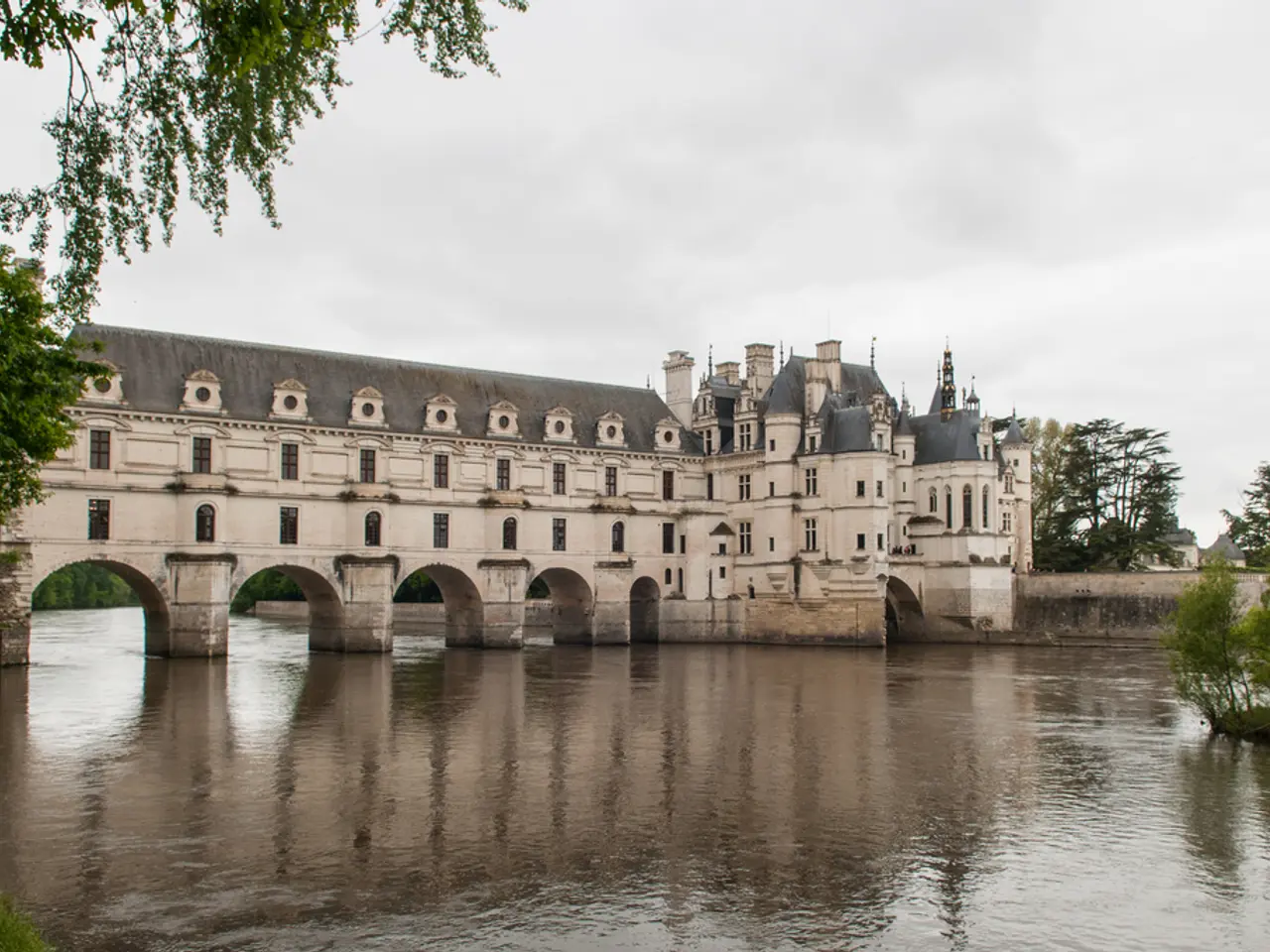Island-wide power outage triggers crisis in Puerto Rico
Puerto Rico has been grappling with frequent power outages in 2023, a problem that can be traced back to the devastation of Hurricane Maria in 2017. The island's power grid, already under tremendous strain, suffered widespread damage, leading to unreliable electricity service that continues into the present day.
The Puerto Rico Electric Power Authority (PREPA) has been a key contributor to the crisis. Its historic mismanagement and political interference have resulted in inadequate maintenance budgets and ineffective administration. A controversial emergency power contract with an inexperienced Florida company, dubbed "Whitefish 2.0," was blocked by courts, delaying much-needed temporary generation capacity and worsening blackouts.
Infrastructure failures, such as toppled utility poles, continue to cause service disruptions and safety hazards. The most recent blackout, affecting nearly the entire island on Tuesday, is still under investigation, with preliminary assessments suggesting a link to an issue with an underground power line.
However, efforts are being made to address the energy crisis. PREPA and private operators like Luma Energy have been working together to restore service following outages. In April 2023, they managed to restore power to over 98% of customers after an island-wide shutdown in less than 38 hours.
The energy strategy is shifting towards decentralized and renewable energy sources to improve resilience. Community-owned solar power projects are emerging as alternatives to the unreliable grid, aiming to reduce dependence on centralized generation and frequent blackouts.
Despite these efforts, longstanding issues related to under-resourcing, political corruption, and poor coordination across federal, state, and municipal levels hinder rapid and equitable restoration of power, especially in rural and impoverished communities. Residents feel politically abandoned, and the ongoing energy crisis has provoked significant frustration among them.
Enid Nuñez, a 49-year-old resident, expressed her exasperation, stating, "This is 3.5M American citizens. We owe them so much better." The ongoing energy issues in Puerto Rico have reignited discussions among local leaders and citizens, with U.S. government funding being allocated to bolster the energy infrastructure and support recovery initiatives following various natural disasters.
The execution of these projects has been hampered by numerous factors, such as slow construction starts and stringent federal regulations. However, the need for a reliable energy system is more pressing than ever. Puerto Rico's current U.S. congressional representative and incoming governor, Jenniffer González-Colon, has emphasized this urgent need.
Blackouts in Puerto Rico have a negative impact on the island's economy and residents' quality of life. Mark Levine, the Manhattan borough president of New York City, highlighted the inadequacies of the grid recovery following Hurricane Maria. As the island continues to struggle with power outages, the search for a sustainable and reliable energy solution remains a top priority.
In the current political landscape, discussions about Puerto Rico's energy crisis are intimately linked with general news, as the island's prolonged power outages threaten its economy and citizens' quality of life. The under-resourced Puerto Rico Electric Power Authority (PREPA), plagued by historical mismanagement and political interference, has struggled to maintain the power grid, leading to controversial decisions like the Whitefish 2.0 emergency power contract debacle.
